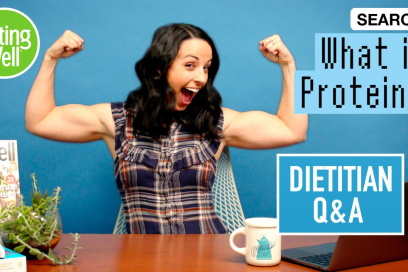As someone who has chosen a lifestyle free from animal products, you are acutely aware of your body's individual nutritional requirements for optimal health and vitality. Iron is an integral component of human wellbeing, playing an essential role in multiple metabolic pathways and pathways of defense against illness. Vegans may encounter difficulties due to an iron deficiency despite having carefully devised diet plans and following mindful eating practices. However, this situation should not be taken lightly and it is crucial that one recognizes the symptoms caused by deficiency of this essential mineral. As such, this piece's focus lies on answering one of the most inexact and confusing inquiries from vegans: "How can I tell if my iron levels are low?" Through this blog, we dedicate ourselves to exploring all aspects of veganism's iron deficiency; by uncovering related such as "iron deficiency symptoms," we aim to educate vegans worldwide against the perils associated with low iron levels and empower them to protect against them. So strap yourself in, let's dive deep into this fascinating topic together!
I. Understanding Iron Deficiency
Iron is an indispensable mineral that plays an essential role in our overall wellbeing. It serves as a key building block of hemoglobin, the oxygen transporting molecule. If our iron levels fall short, however, our bodies could struggle to produce an adequate supply of hemoglobin and this could have serious repercussions for overall wellbeing.
Vegans are particularly at risk of low iron levels due to a lack of heme iron found in animal products but not present in plant-based foods; non-heme iron found in vegan-friendly products is less efficiently absorbed into their bodies, yet maintaining healthy iron levels as a vegan remains achievable with adequate knowledge and smart choices.
Iron deficiency is a type of anemia and health condition resulting from the decrease in healthy red blood cells, known as depletion. But what exactly is iron deficiency, and why does it occur? Iron deficiency occurs when your body cannot produce sufficient hemoglobin due to an inadequate supply of iron; this leads to red blood cell production being dramatically reduced leading to anemia: potentially life-threatening anemia symptoms.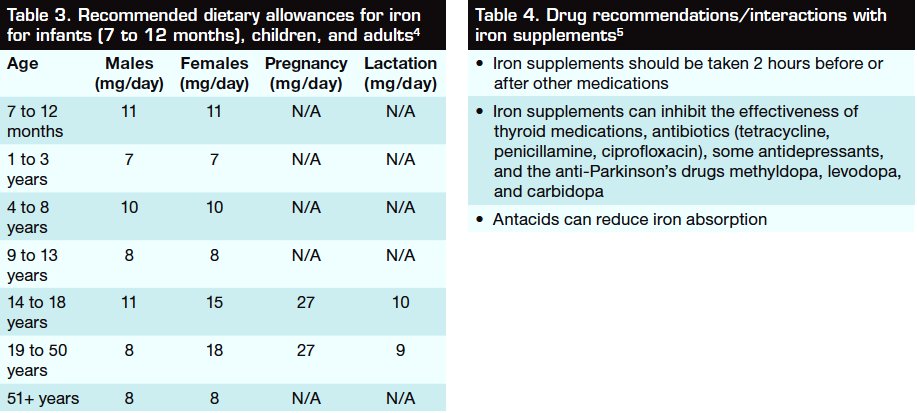
Vegans frequently experience lower iron levels due to a variety of reasons, such as:
- Inadequate intake of iron-rich foods
- Insufficient vitamin C intake (which aids absorption)
- Heavy menstrual bleeding in menstruating individuals
- Pregnancy or creating an increased need for additional sources of iron
- Bleeding from untreated celiac disease or inflammatory bowel disease
Iron deficiency anemia is a potentially serious condition, so being aware of its symptoms is critical for early diagnosis and effective treatment. Here is a detailed discussion on these symptoms of this disorder.
Learn more at NHLBI about Understanding Iron Deficiency.II. Symptoms of Low Iron in Vegans
Iron deficiency is a multifaceted condition, manifesting itself with multiple symptoms that range from mildly debilitating to severely crippling. Two of its hallmark symptoms are fatigue and weakness. Low iron levels hinder oxygen transport within the body and contribute to tiredness, weakness, and overall exhaustion.
Iron Deficiency Symptoms
Iron deficiency symptoms go beyond this straightforward list, however. They could include more unpredictable signs that indicate deficiency such as:
- Paleness in skin, gums and nail beds
- Shortness of breath and lightheadedness
- Rapid heart rate palpitations
- Cold hands and feet with pale hands or brittle or spoon-shaped nails, among many other indicators.
Pica is a condition in which individuals crave non-food items like dirt, ice and clay as a form of comfort.
Note that severity and duration of these symptoms can differ between people, which makes diagnosing iron deficiency challenging. Furthermore, iron deficiency has also been known to cause hair loss, headaches and even depression in some instances.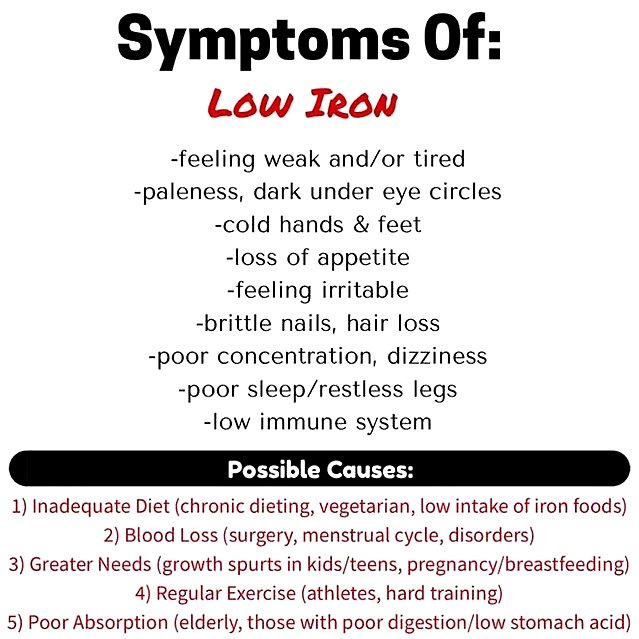
Iron Deficiency and Anemia
Iron deficiency must be distinguished from anemia, which is a severe form of iron deficiency due to a decreased production of healthy red blood cells, leading to symptoms including dizziness or fainting, chest pain, rapid or irregular heartbeat, shortness of breath even at rest, dizziness and fainting, chest pain and rapid or irregular heartbeat.
Vegans and Vegetarians
As such, it is crucial that vegans and vegetarians recognize signs of low iron levels, as sources are limited. Iron deficiency can negatively impact all individuals, and vegetarians and vegans must make sure to consume an appropriate amount of foods rich in iron-rich foods to prevent its onset. By recognising symptoms early and seeking medical assistance when necessary, individuals can make positive dietary changes that lead to improved overall health and well-being.
III. Iron-Rich Foods for Vegans
As a vegan diet adherent, you may find yourself struggling to meet your iron requirements. However, there are numerous plant-based food sources which provide significant amounts of iron; let's take a closer look at some iron-rich options which vegan individuals should incorporate into their diet.
Legumes
Legumes are an excellent source of iron for vegans. Lentils, kidney beans, chickpeas, and soybeans are among the many iron-rich legumes.
Dark Leafy Greens
Dark leafy greens can also be beneficial to vegans. Spinach, kale, and collard greens are among the many dark greens packed with iron.
Seeds and Nuts
Pumpkin, sesame and flax seeds are rich sources of iron that are easily integrated into a diet, while nuts like cashews, almonds and pistachios also provide delicious snacks which provide plenty of iron-rich nourishment.
Whole Grains
Whole grains such as quinoa, oats, and brown rice provide significant sources of iron for anyone searching for gluten-free options.
Dried Fruits
Dry fruits like raisins, apricots, and figs contain plenty of iron-rich nutrients; however, be wary when snacking on them as their caloric density makes portion control key when snacking on these treats.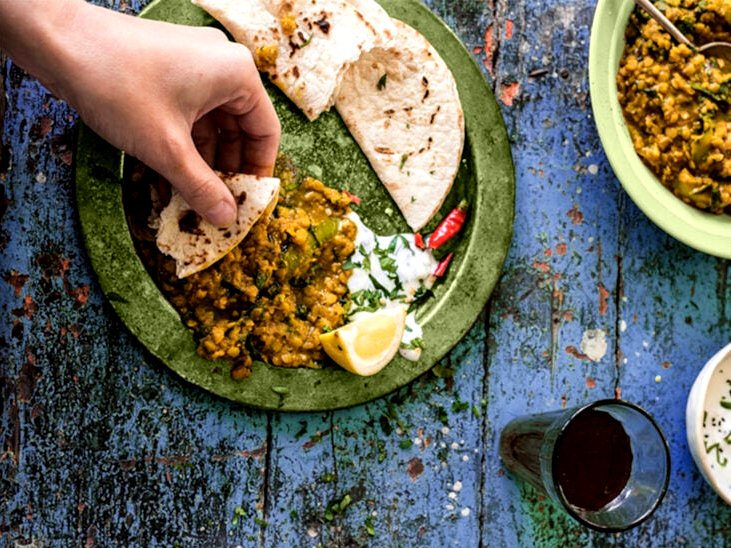
Vitamin C
Finally, it is essential to supplement these iron-rich foods with foods rich in vitamin C such as citrus fruits, berries, and bell peppers containing this crucial nutrient. Vitamin C aids the body's absorption of iron more efficiently - making it an indispensable addition to our daily diets.
Notably, cooking methods can have an effect on iron levels in food. Overcooking or using excessive heat can reduce its content. Conversely, using cast iron pots increases absorption as more of its iron dissolves into your meal.
By including vegan-based iron-rich foods in your diet plan, you can help combat low iron levels and any associated symptoms. Should you suspect deficiency or exhibit symptoms indicative of it, seek medical advice immediately.
"Find iron-rich vegan foods at Vegan Food & Living."IV. Diagnosing and Treating Low Iron Levels
Finding and treating low iron levels can be an intricate and frustrating process. If you experience symptoms that lead you to suspect that your iron levels may be dropping below normal, it is imperative that you seek medical assistance immediately; they will conduct a blood test to measure hemoglobin in your bloodstream; however if the results of that blood test reveal low levels, further investigation might be required; serum ferritin tests can measure how much stored iron there is within the body.
Should you be diagnosed with iron deficiency, there are various treatment options that your doctor may suggest depending on the circumstances of your specific case. While supplements are a popular choice, it's important to keep in mind they may cause side effects like stomach cramps, nausea or even constipation; alternatively, adding in foods rich in iron like those mentioned earlier could prove highly beneficial in increasing levels.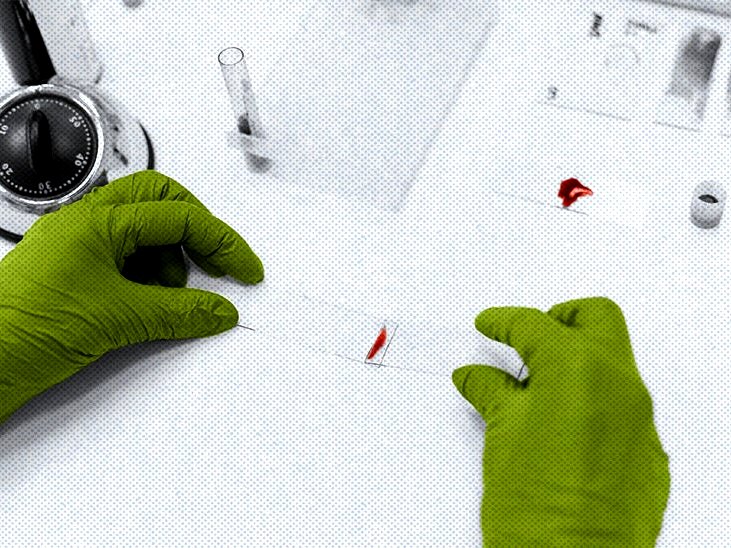
To achieve optimal results, consider supplementing your iron-rich diet with foods and supplements rich in vitamin C that can increase absorption. However, it's important to remember that iron deficiency may not always be the sole cause of anemia; other conditions like vitamin B12 deficiency, kidney disease or cancer could also play a part - treating any primary medical issue can help increase hemoglobin levels and restore normal health.
Maintaining a balanced and nutritious diet rich in iron is of utmost importance for vegans who may be at an increased risk for iron deficiency. Eating iron-rich vegan foods alongside vitamin C supplements can help ensure optimal functioning in the body while preventing medical intervention from being necessary. If symptoms arise such as low iron levels or anemia, don't hesitate to seek medical help immediately - healthcare providers are ready and waiting to assist in diagnosing and treating such cases for healthier vegan lifestyles.
Maintaining Optimal Iron Levels as a Vegan
Maintaining optimal iron levels as a vegan requires deliberate effort and diligence in order to prevent deficiency of this essential mineral. Knowing the signs of iron deficiency is crucial, and adopting practices such as including iron-rich foods into daily meals can boost overall wellbeing.
Iron deficiency can have disastrous repercussions for our quality of life, leaving us fatigued, lethargy, and exhausted - significantly impacting daily routines while diminishing our capacity to take pleasure from life's simple pleasures. One way that vegans can avoid becoming iron-deficient is through making informed and intentional choices when selecting serving sizes of iron-rich foods.
It is vital that you consult with a medical practitioner if you suspect low iron levels, in order to make informed decisions regarding diet and wellbeing. By adopting this pragmatic approach and instilling diligence into your vegan lifestyle, you can experience both healthful living while keeping alive the zestful zest for life that brings satisfaction.




